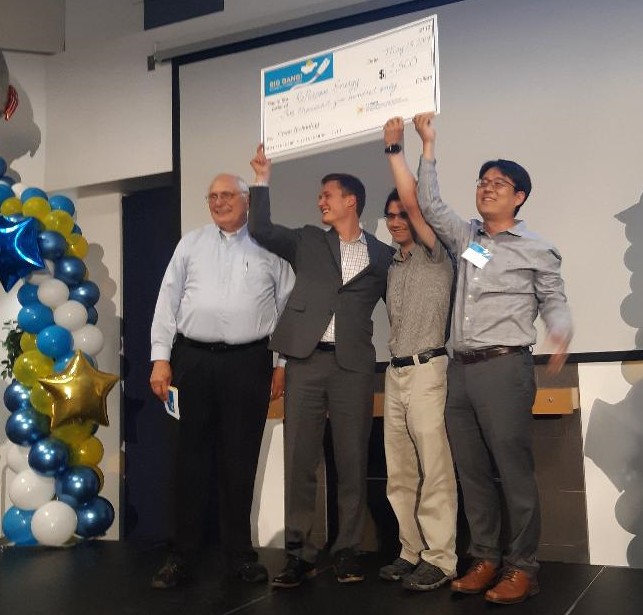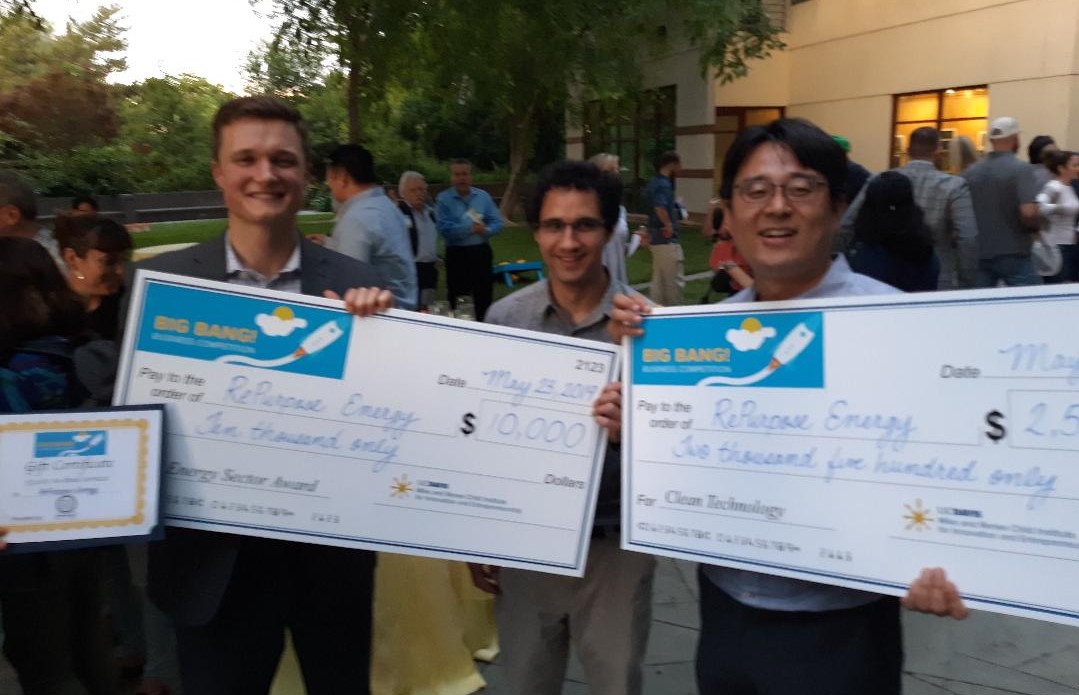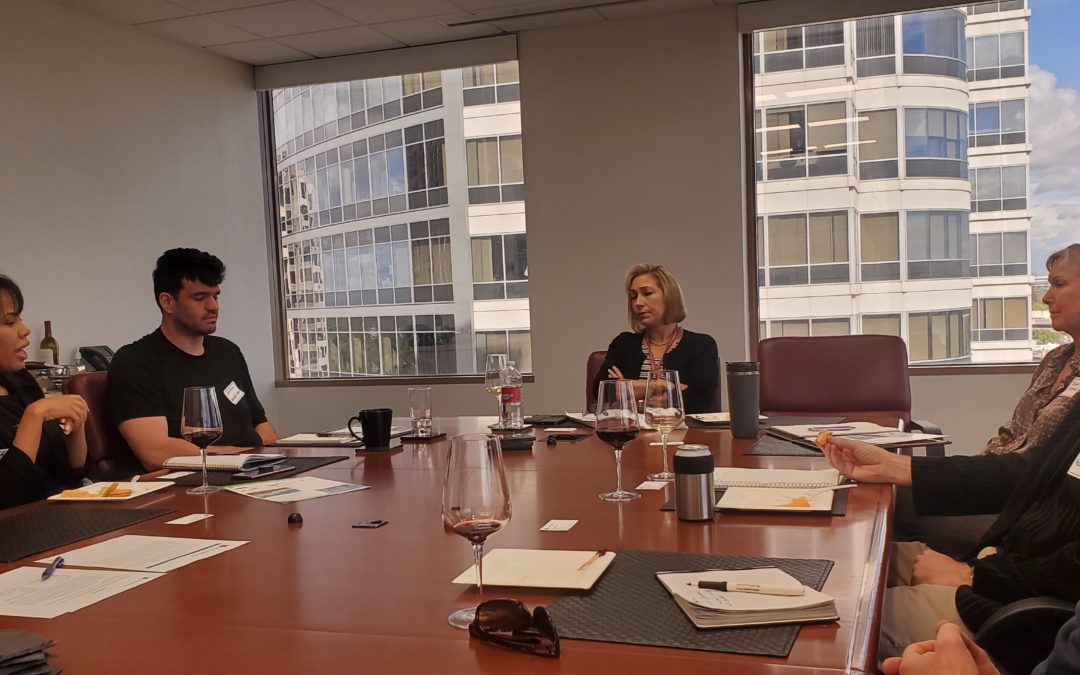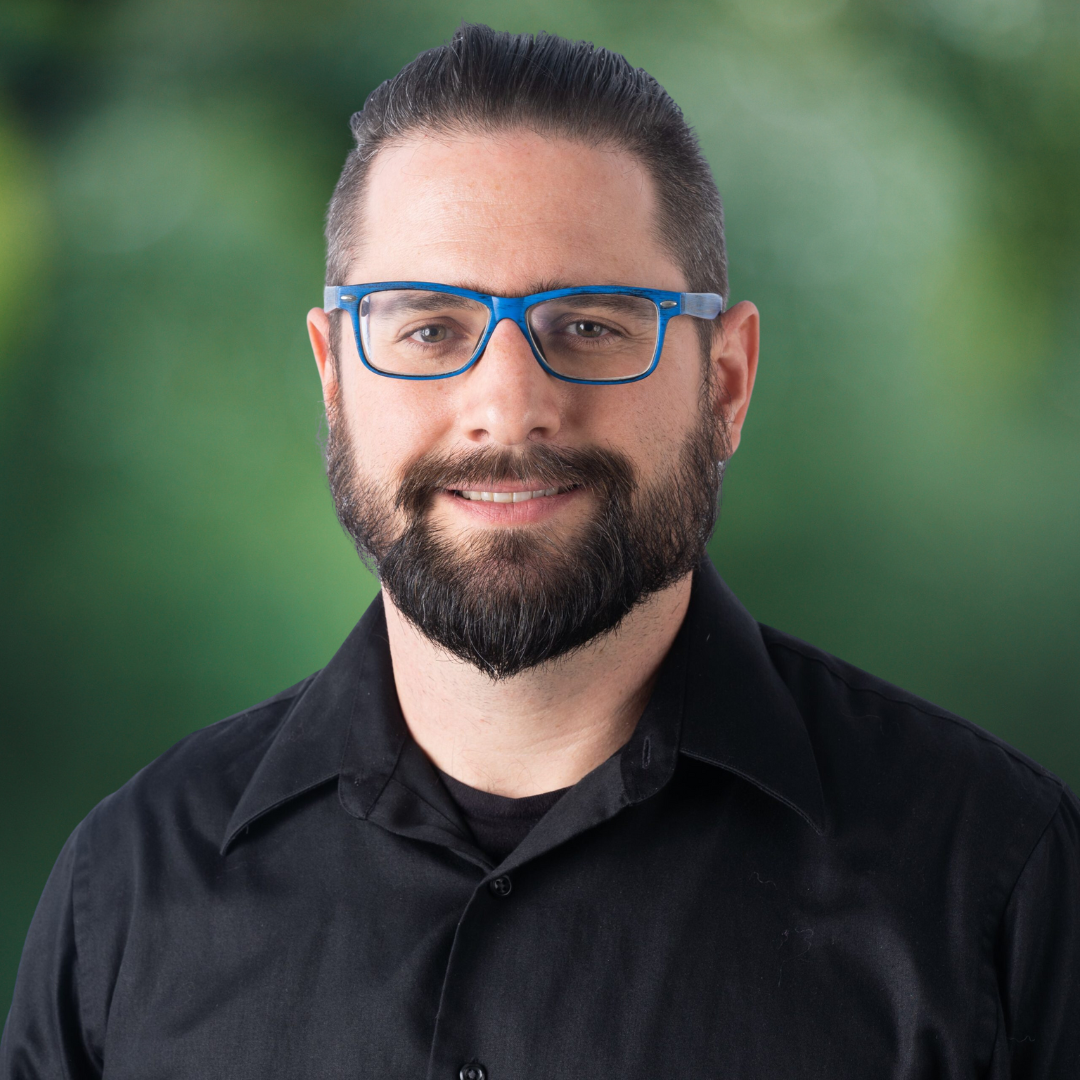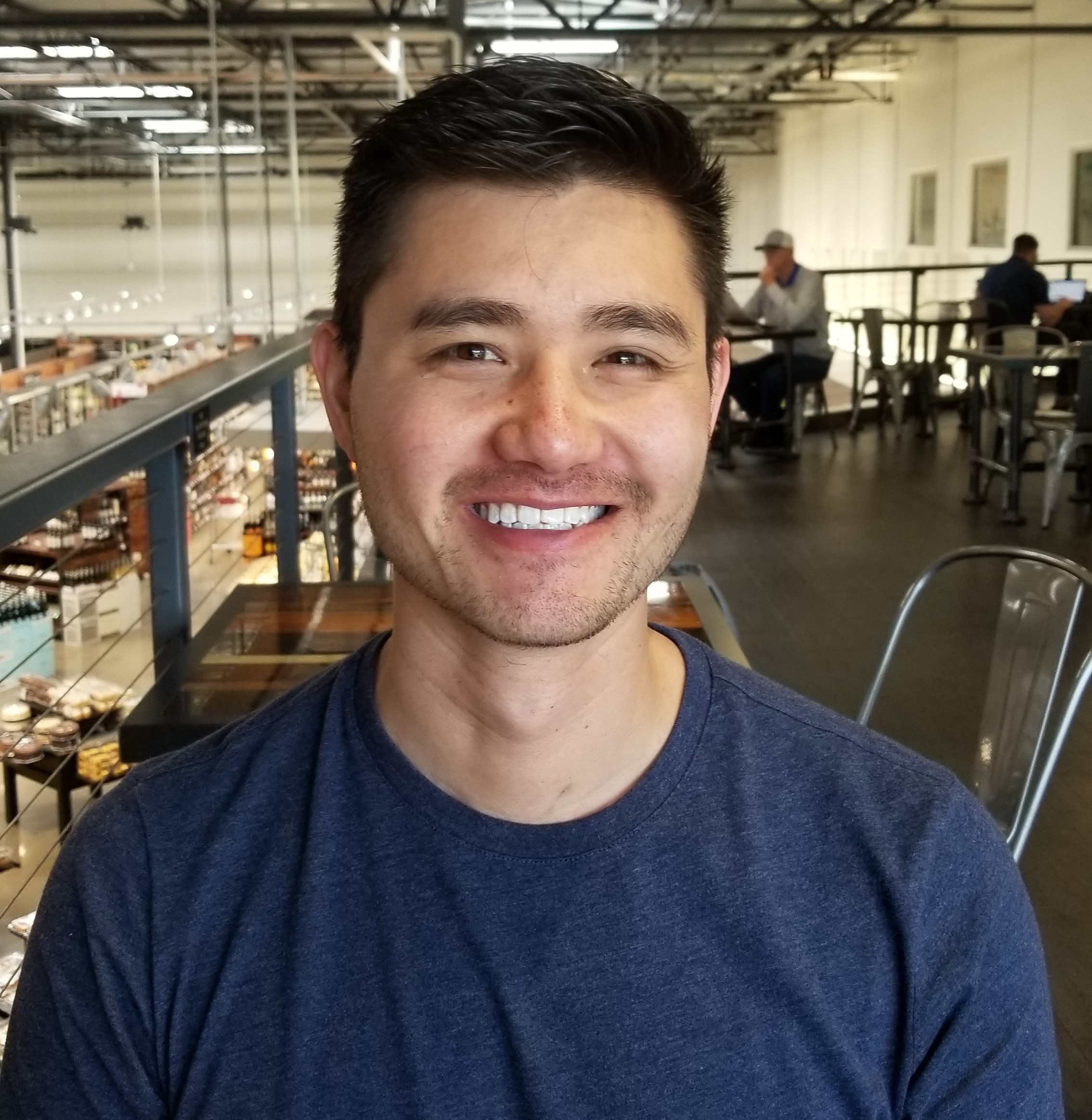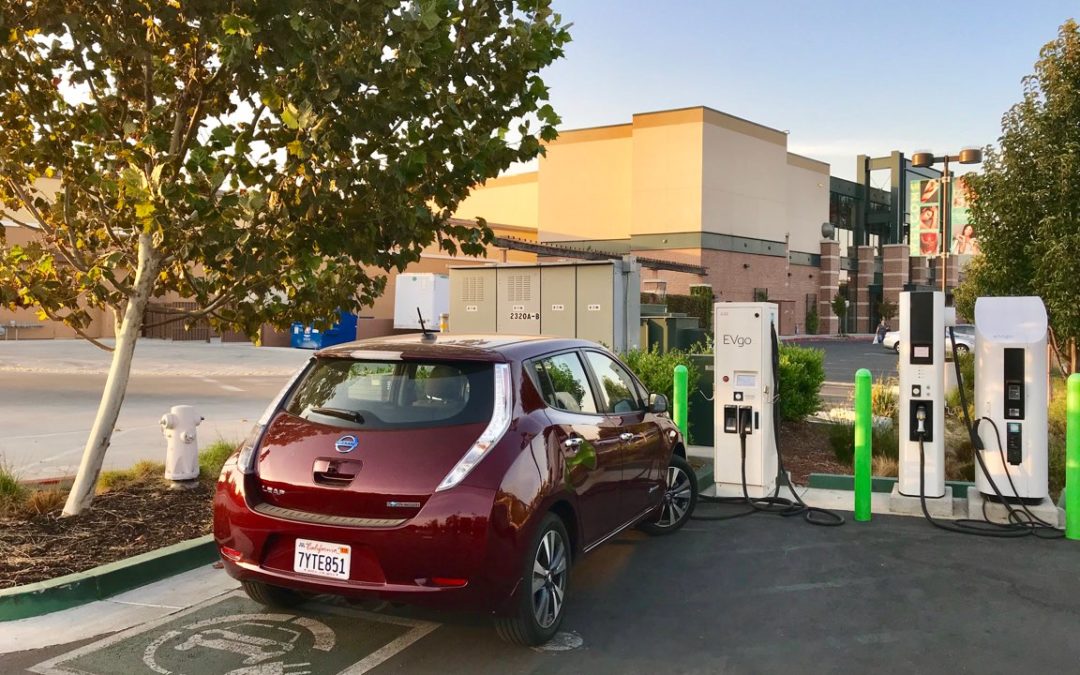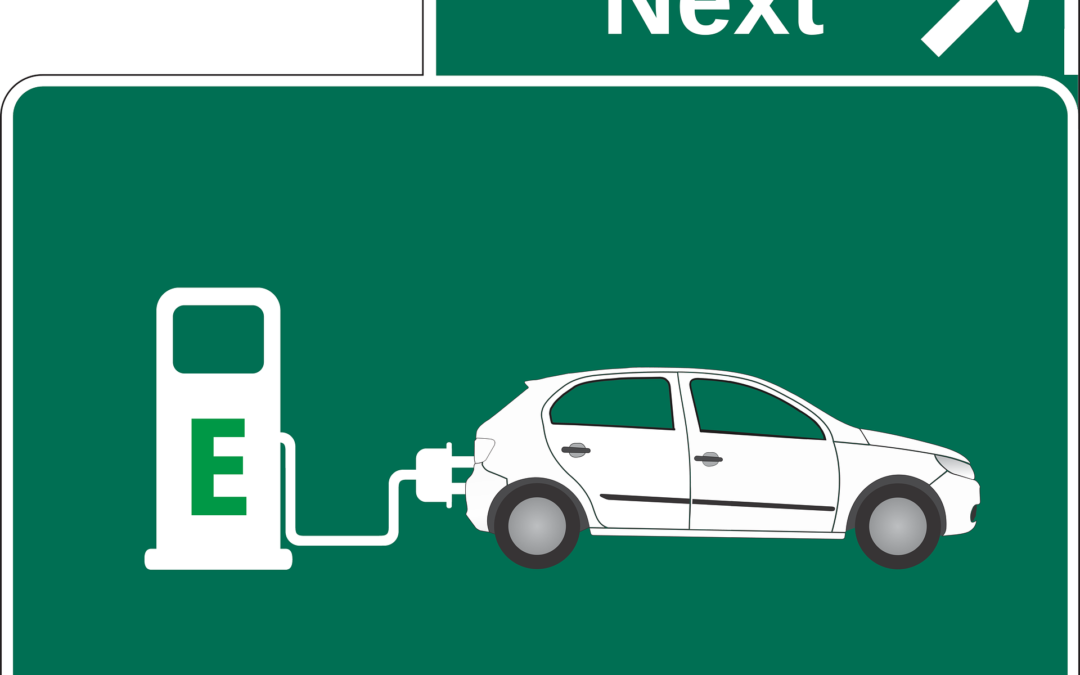
Game Changer 100 kWh charge in 5 min
Two companies – Piëch and Desten – claim to have a breakthrough in ultrafast charging that would make charging an EV as simple as getting a fill-up on a regular car. They each claim this requires no special cooling of the battery packs. This is a huge deal. Getting 100 kWh is effectively putting 300 miles range in the vehicle. But skeptics abound. The claim is so far beyond what others have done, it naturally raises doubts. Read the full article here.
Beyond the problems of avoiding damage to the EV batteries with such a high rate of charging, there are numerous questions about where such stations could be built. The implied rate is 1.2 MW/hour per charger, and there could be multiple charge points per site. The wire for each charger to connect to the EV shown in the rendering would carry about 50 amps, so that would mean charging at 24,000 volts. Wow! Don’t stick your finger in that socket! To do that without taking down the grid would imply a massive on-site battery bank (unlikely since it would be the size of small multistory office building) or connecting to the transmission level of the grid, probably somewhere at 115 kV and above so it would not represent a significant fraction of the total load served by that line. You don’t do that just anywhere. It would need to be adjacent to a substation. Not that many to choose from and not cheap to build new ones.
So, these claims raise a number of issues, but certainly push out the thinking on what might be possible as this technology advances. Learn more about Charging at our May 30th Meetup.

ABOUT THE AUTHOR
Gary Simon is the Chair of CleanStarts Board. A seasoned energy executive and entrepreneur with 45 years of experience in business, government, and non-profits.

